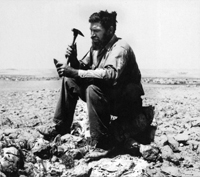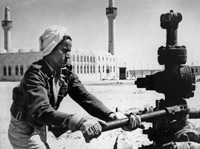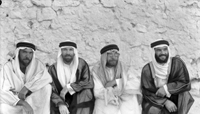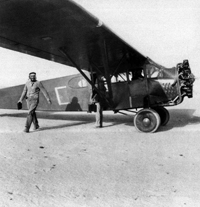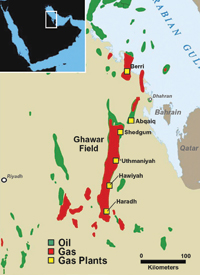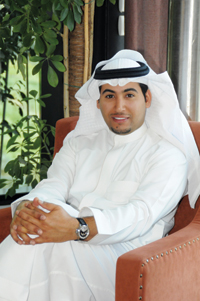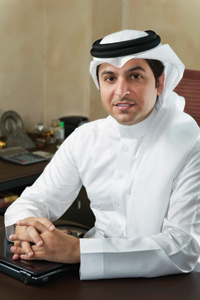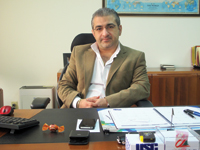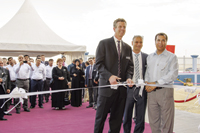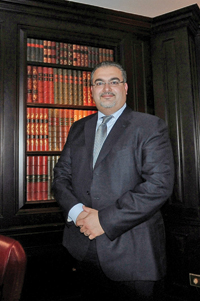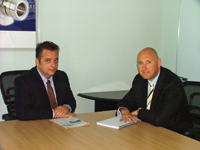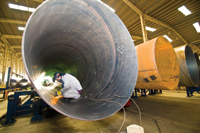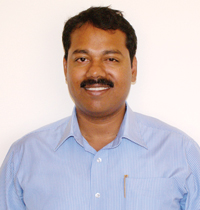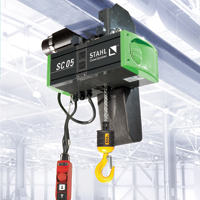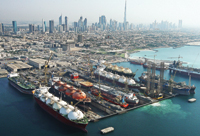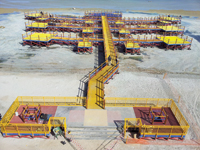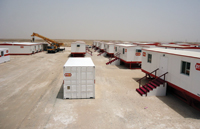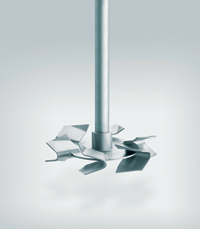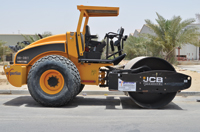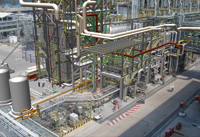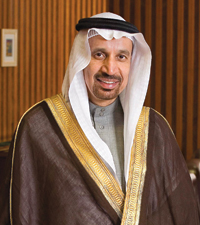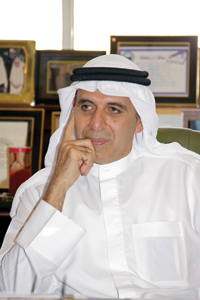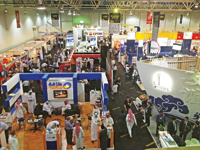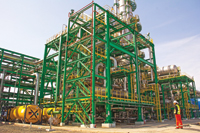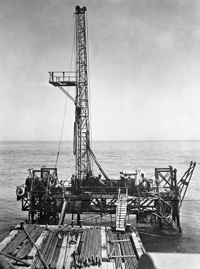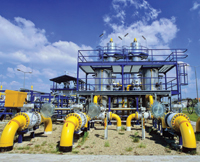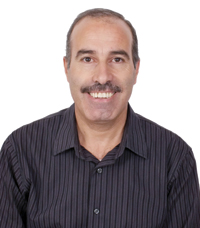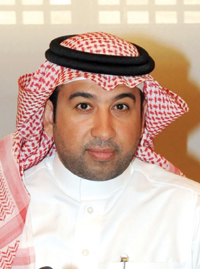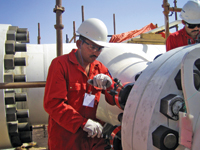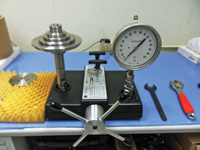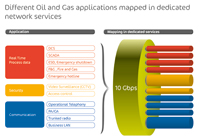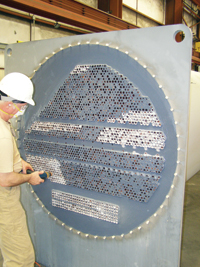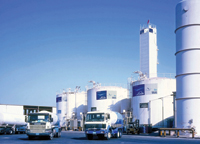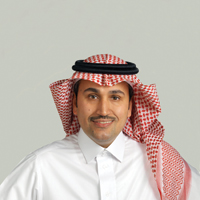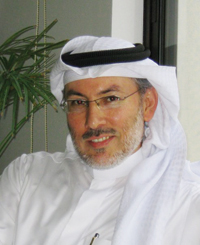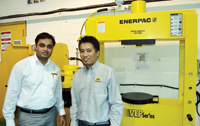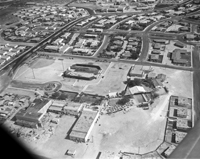
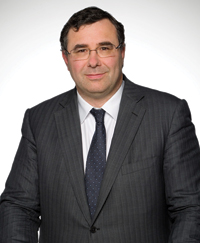 Pouyanne ... looking for another large project
Pouyanne ... looking for another large project
FRANCE’S Total is in discussions with Saudi Aramco to build a world-scale project attached to its new Jubail refinery, which will start putting oil products on the market by the third quarter of the year, senior Total officials say.
“We are looking to make another large project with Saudi Aramco,” Patrick Pouyanne, Total’s president of refining and chemicals, says in Paris.
Saudi Aramco Total Refining and Petrochemical (Satorp), owned 37.5 per cent by Total and 62.5 per cent by Aramco, is nearing the completion of the 400,000 barrel per day (bpd) Satorp refinery in Jubail, but the partners are already eyeing Satorp 2.
“Satorp 2 could become a new petrochemical project behind this refinery,” Pouyanne says. He says that a large mixed feedstock cracker was part of what was under discussion, but says it was too early to give further details. Total explored the possibility of integrating Satorp with the 3 million tonnes per year Sadara petrochemical plant being built by Aramco and Dow Chemical by 2016 in Jubail, he adds, but there were not clear synergies between the two.
The $9.6 billion Satorp refinery is due to start shipping oil products, likely gasoline and light distillates, to market from certain units by September. The project will be fully on stream by the end of the year, Total officials said.
The complex is halfway through the precommissioning phase, and the first crude is scheduled to enter the refinery in the “coming weeks,” says Bernadette Spinoy, senior vice president of refining and petrochemicals at Orient.
The deep conversion facility is designed to handle Arabian Heavy crude and produce gasoline, jet fuel, diesel and some petrochemicals. Total officials explain that Saudi Aramco will provide a crude mix from its offshore giant fields.
“We will receive an Arab Heavy blend, which is a blend of mainly Safaniyah and Manifa,” says Pouyanne. Manifa, with a 28 deg API gravity, began early production this month and will ramp up to 500,000 bpd by July and 900,000 bpd by end-2014.
Total will export all its 37.5 per cent share of the product slate. It expects to send gasoline to Asia and the US, diesel to Europe and Asia, jet fuel globally and petrochemicals to Asia. Aramco will market most of its share to the domestic market.
Separately, Total inked a shareholder agreement with Qatar Petroleum for the long-discussed expansion of a condensate refinery in Qatar. The Ras Laffan refinery, which began operations in 2009, will double its current capacity of 146,000 bpd by the fourth quarter of 2016. A hydrotreating unit will be on stream in 2014 to fast-track the production of 10 parts per million diesel, Pouyanne says.
 |
Breuillac ... holding on to Yemen |
The Laffan Refinery 2 (LR2) will be owned 84 per cent by QP, 10 per cent Total, 2 per cent Idemitsu, 2 per cent Cosmo, 1 per cent Marubeni and 1 per cent Mitsui. ExxonMobil, which is a shareholder in the original Ras Laffan facility, was not part of the second phase. Industry sources say that Exxon was offered a place, but declined because the shareholding stake was too small.
LR2 was expected to cost $1.5 billion, but the project actually came in $200 million under budget because of a lag in construction activity in energy projects in Qatar, says Pouyanne. The engineering procurement and construction contracts are already “in hand,” he adds.
Qatar, which pumps some 20 billion cubic feet per day from the supergiant North Field, churns out over 700,000 bpd of condensate from its gas operations – equal to its crude oil production.
Meanwhile, Arnaud Breuillac, Total’s regional president for Exploration & Production, talking to The Gulf about Total’s resilience in the Middle East despite the uncertainties, says the regional situation has been an opportunity to demonstrate Total’s staying power to regional stakeholders, not least in Yemen, the Arabian Peninsula’s poorest state and where sporadic terror attacks on oil and gas facilities long precluded the 2011 unrest and the instability that followed.
“We are the only major oil company operating in Yemen, and are acutely aware of the importance of our operations there,” Breuillac acknowledges.
“Even during the most difficult days of 2011 at the height of the political crisis when all the main oil companies had left Sanaa, we kept our offices and operations open. We believed if we could guarantee the security of our employees and contractors we should stay,” he says.
“I met the president (Abd Rabbuh Mansur Hadi) recently and he confirmed to me how important it was for his country.”
Yet Total has not emerged completely unscathed by the experience. In May 2012 one of its staff was killed in an ambush on a convoy of vehicles in the Seiyun area, close to an oilfield the company is developing.
Last year alone, Total also suffered eight incidents of sabotage on its gas pipeline, which supplies gas from the field to the $4.5 billion Balhaf gas processing facility, the country’s largest industrial complex and a vital economic lifeline for the impoverished country. The attacks reduced the annual export capability of the Yemen LNG plant, in which Total has a 39.62 per cent stake, by a fifth, says Breuillac.
“Efforts to secure oil and gas facilities are crucial for Yemen if it is to recover from the crisis of 2011, and we know it is high on the agenda of the president and Yemeni government,” he notes. He stresses that the company will not compromise the safety of its personnel in the pursuit of profit.
“The security of our personnel is the overriding consideration, regardless of what is at stake in terms of lost production or revenues. If we can’t sufficiently protect our personnel we withdraw them,” he says.
In Yemen, Total has taken steps to protect its staff – the company has its own airstrip for crew changes at both Balhaf and at its Block 10 field operations in Seiyun.
The challenges faced by Total in Iraq are no less challenging but are arguably more politically charged. Having acquired stakes in oil exploration blocks in the semi-autonomous northern Kurdistan last year, Total unwittingly found itself caught up in fractious Iraqi domestic politics. Claiming the Kurdish deal had breached Iraqi law, the government in Baghdad issued the company with an ultimatum last summer to either give up its interest in the north, or sell its stake in the large Halfaya oilfield in the south, which Total is developing as part of a Chinese-led consortium. However, there is no indication of any date for this to happen.
“If we discover oil in the northern part of Iraq we feel we will be adding value for the country,” insists Breuillac, who also confirms that the Halfaya project, which achieved first commercial production in mid-2012, “is progressing quite well given the context of Iraq’s security issues and administrative hurdles.”
The Total executive admits the company was disappointed by the type of contracts and terms offered to foreign oil firms by Iraq in recent bid rounds. The Iraqi oil minister has himself acknowledged publicly that some terms were unfavourable, and confirmed that his ministry was studying more attractive contract models.
“It is no secret that we were frustrated by the relatively modest share of the Iraqi (oilfield) reconstruction activities awarded to us and the types of contract on offer,” says Breuillac.
Although becoming embroiled in politics is an occupational hazard in Iraq, he insists that Total “wants to steer well clear of any political debate in Iraq”, including issues relating to revisions of the country’s petroleum law.
“We tell them (the government) what we think, but respect they may have a different view. The issues (regarding the law) are to do with the political structure of Iraq, and we don’t want to get into the political debate in Iraq,” he says.
The waters are far clearer and calmer in the company’s other main regional theatres of operation, Abu Dhabi and Qatar, where relationships run deep and legacies are more entrenched.
In Abu Dhabi the company has interests both in upstream oil and gas as well as in power generation and desalination, petrochemicals and solar energy. Sovereign wealth fund Mubadala is a partner on the Dolphin project, and Total has even helped the fund expand its own horizons in exploration activities in Malaysia.
Next January state oil company Abu Dhabi National Oil Company (Adnoc) is expected to award a new onshore concession for its onshore subsidiary Adco, in which Total has a 9.5 per cent share. Describing Total as a “partner of choice” for Abu Dhabi, Breuillac hopes for a favourable outcome.







































































